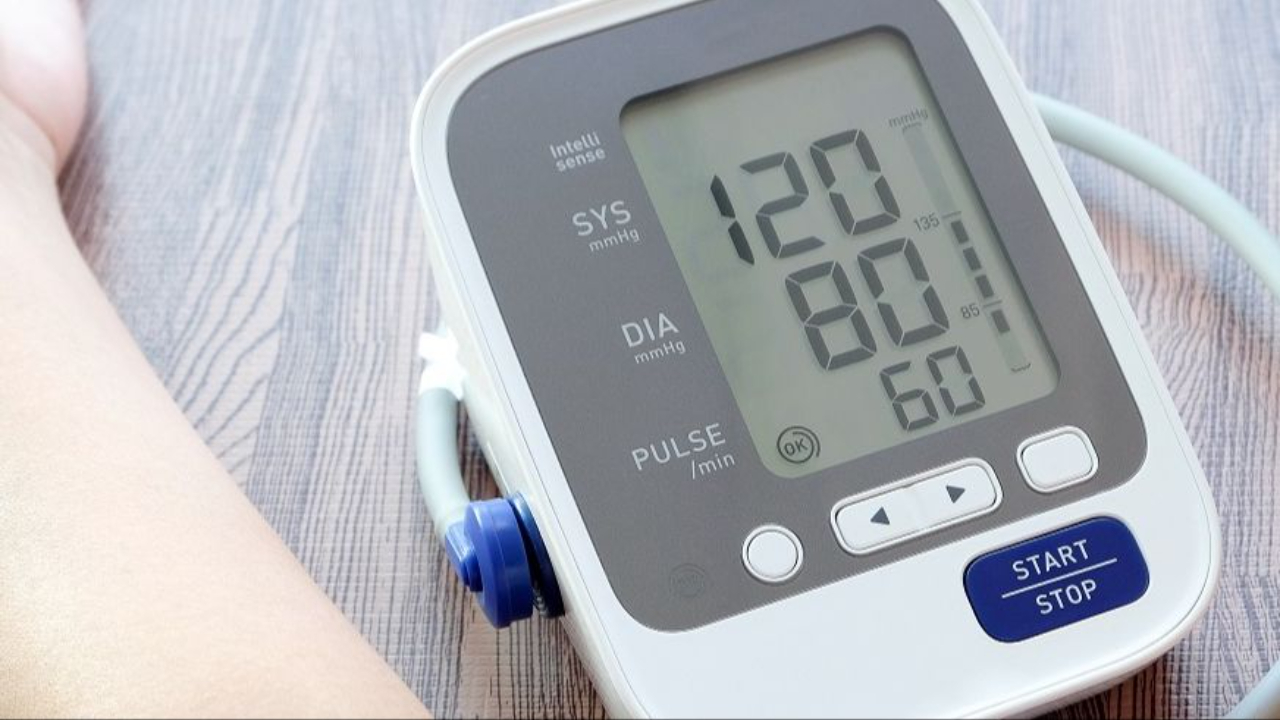Foods that lower blood pressure
May 08, 2023
High blood pressure, or hypertension, is also referred to as the "silent killer." According to the CDC, nearly half of all adults have clinically high blood pressure, "defined as a systolic blood pressure greater than 130 mmHg or a diastolic blood pressure greater than 80 mmHg or are taking medication for hypertension."
Eating a variety of whole plant foods, in or close to their most natural state have been scientifically proven to lower blood pressure.
The most popular of the studies is the DASH study, published January 2001 in the New England Journal of Medicine. DASH is an acronym for “Dietary Approaches to Stop Hypertension.” In this study, researchers showed that eating a diet rich in vegetables and fruits and low in saturated fat, sodium, and animal products significantly lowered blood pressure.
Why does eating whole plant foods lower blood pressure? Here are three reasons:
High in Potassium
Vegetables, fruits, and beans are rich in potassium. Daniel Fast foods are potassium-rich and help to lower blood pressure by relaxing blood vessels and helping to balance sodium levels in your body.
The recommended dietary intake for potassium is between 2,600 mg and 3,400 mg, depending on age and gender. The following foods are excellent sources of potassium, and all are part of the Daniel Fast.
- Adzuki beans (1 cup): 1,220 mg
- Beet greens (1 cup, cooked): 1,190 mg
- White beans (1 cup): 1,000 mg
- Potato (1 medium, cooked): 943 mg
- Pinto beans (1 cup): 746 mg
- Sweet potato (1 medium, cooked): 717 mg
- Black beans (1 cup): 611 mg
- Pomegranate (1 fruit): 590 mg
- Butternut squash (1 cup, cubed): 582 mg
- Banana (1 fruit): 451 mg
Low in Saturated Fat
Also, eating a whole food, plant-based diet is naturally low in fat, especially saturated fat. Eating too much saturated fat can increase blood viscosity resulting in high blood pressure. The foods highest in saturated fat are meats, cheeses, and highly processed baked goods. A whole food, plant-based nutrition plan does not include these foods, but instead replaces them with plant foods that are naturally low in saturated fat. For example, foods such as black beans, lentils, white beans, butter beans, and kale are naturally very low in saturated fat.
The American Heart Association (AHA) recommends limiting saturated fat to 5–6% of calories per day. For most, this works out to about 7 to 13 grams of saturated fat per day. A restaurant beef burger, chicken quesadilla, or fried chicken dinner will quickly take you over the limit of saturated fat. Replacing high-saturated fat foods with Daniel Fast foods will keep you well within the recommended limits.
Reduced Sodium
Finally, eating a whole plant foods diet is also naturally low in sodium, which also contributes to lower blood pressure.
By avoiding highly processed foods, fast foods, and cured meats, all of which are among the top sources of sodium in the Western-style diet—you're setting yourself up for success.
Many of the recipes in Daniel’s Plate recipe website include reduced-sodium substitutes such as coconut aminos, miso, reduced-sodium soy sauce, and spices that will still provide flavor. These choices make it easier to lower sodium intake compared to the standard Western-style (or American-style) diet. For example, one teaspoon of coconut aminos has 140 mg of sodium, reduced-sodium soy sauce has 240 mg of sodium, and miso has 280 mg of sodium, compared to 2,325 mg of sodium in one teaspoon of regular table salt. The AHA recommends limiting sodium to 1,500 mg for people with hypertension, but the average American currently consumes about 3,400 mg per day.
Check out this video with a leading cardiologist.
*As an Amazon Associate, we receive a small commission for qualifying purchases.
Join us for the next Healthy Christian Woman Bootcamp.
Let's stay connected!
Subscribe to our email list. We love to send out healthy delicious recipes, updates on events and healthy living challenges and promotions we're running.
Of course, you can unsubscribe at any time.


